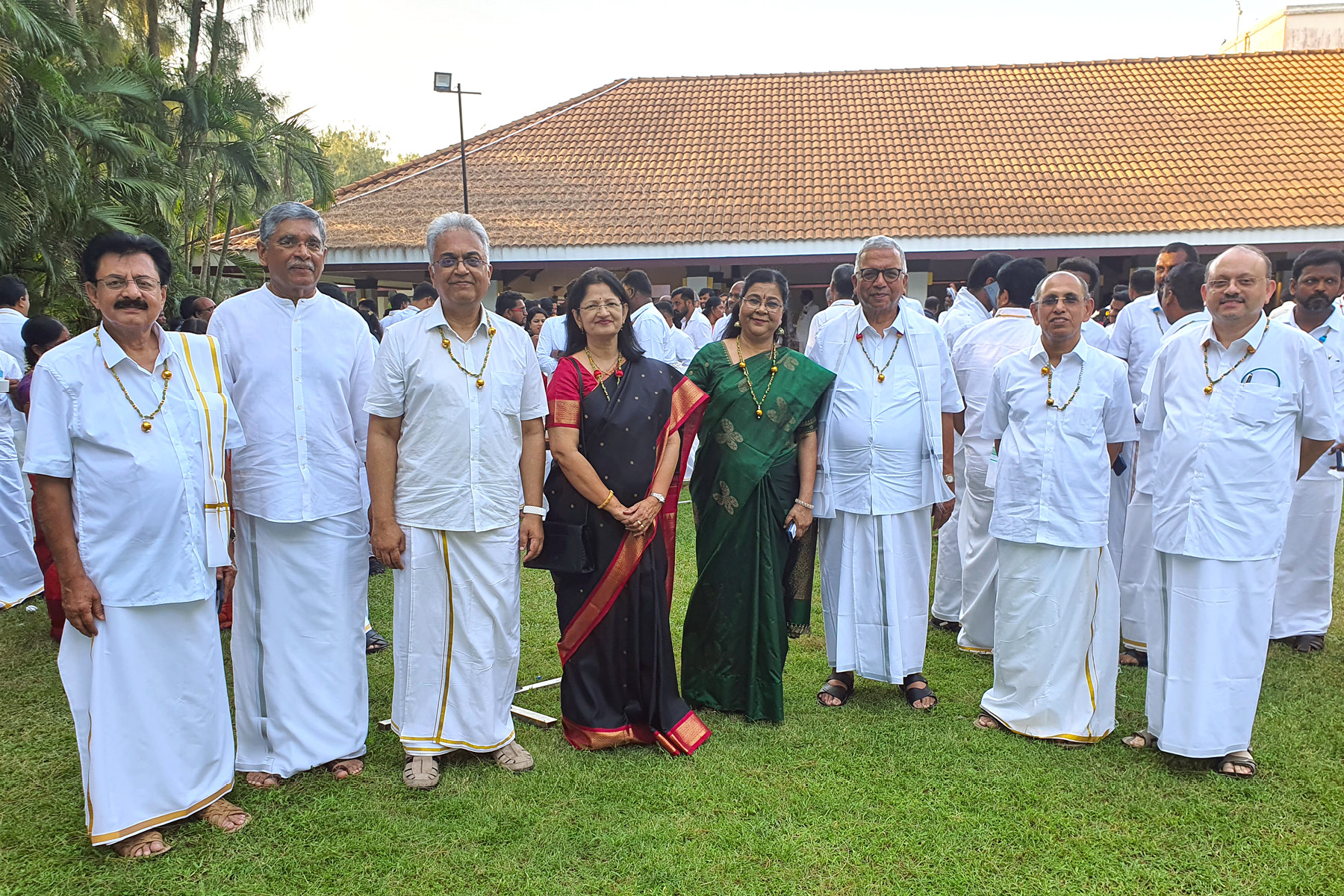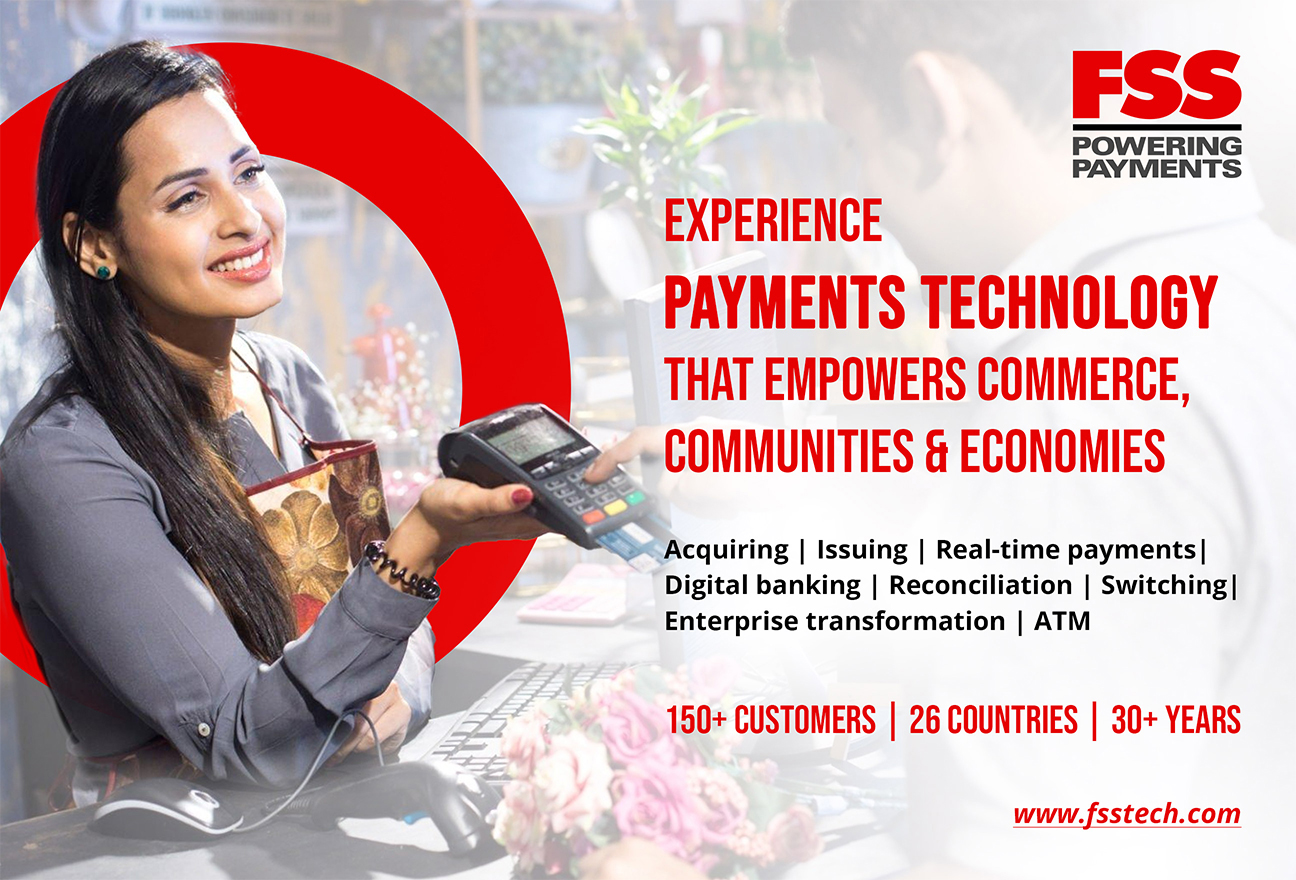The Second Innings: Ittira Davis
As the country’s economy grows rapidly, Indians have more opportunities to climb the social ladder. For the aspiring middle class, institutions like Ujjivan Small Finance Bank that are making upward social mobility a possibility, explains Managing Director and CEO Ittira Davis.
Just when Ittira Davis was looking to hang up his boots in 2015 after almost 40 years as a corporate banker, what would soon become Ujjivan Small Finance Bank (Ujjivan SFB) came knocking.
It was a critical juncture in the company’s journey as it sought to transition from a non-banking financial company – micro finance institution to a small finance bank, but it needed Davis’ expertise to make it happen.

"Our FY 2022–2023 financials are a complete turnaround. Today, we have become the most profitable small finance bank in a matter of one year after COVID-19."
Before joining Ujjivan SFB, Davis worked with Citibank India, Arab Bank and Europe Arab Bank in key leadership roles. Having persuaded him to come on board as Head of Transition, Ujjivan SFB began operations in 2017.
"People who follow cricket would call it my ‘second innings,’" Davis tells The CEO Magazine.
"It’s focused on the social commitments of financial institutions like Ujjivan SFB and it has been a very rewarding experience. I think being exposed to different banking environments and businesses has honed my skills to help with the transition and even manage the situation."
Even though the transition continues to be the defining moment in Ujjivan SFB’s history, it was during the post-pandemic months that Davis’ impact was most felt.
The COVID-19 pandemic was brutal for India’s financially weaker sectors, which form the biggest chunk of Ujjivan SFB’s customer base, with the company posting a negative profit and loss statement for the 2020–2021 financial year.
But its quick reaction in reinstating Davis in 2022 as Managing Director and CEO has played a significant role in the company’s success post-pandemic.
A New Phase
"Our FY 2022–2023 financials are a complete turnaround," Davis says. "Today, we have become the most profitable small finance bank in a matter of one year after COVID-19. And that is based on the return on assets and even the absolute profits. We are among the best in the industry."
With over 22,000 employees, more than 752 banking touchpoints and a presence across 26 states and union territories, Ujjivan SFB’s nationwide reach is rare among small finance banks. Davis credits the turnaround to the team on the ground and the management he works alongside, who he says have given him the confidence to aim higher.
Most of Davis’ 2023 has been spent on reverse-merging the holding company and bank, since the holding company’s only asset is the bank. In the future, Ujjivan SFB would like to focus on portfolio diversification and, after that, obtaining a universal bank license.
"Right now, our microbanking portfolio is about 72 percent," he says. "We intend to take that down to about 60 percent, and 40 percent will be a secured portfolio. A more balanced portfolio will allow us to apply for a universal bank license because that’s something small finance banks who complete five years are eligible to apply for, although nobody has received it in almost a decade."
But before the bank officially applies for a license, Ujjivan SFB will seek to consolidate its position in the small finance bank segment. "Our affordable housing loan portfolio is growing very well. We’ve opened asset centers in 16 locations across the country so far in FY 24," he says.
"We’ll also be looking to work with MSMEs, which are a mainstay of business in the country."
On top of that, Ujjivan SFB is providing a digital entry point for previously underserved markets with a voice-aided banking app.
It launched Hello Ujjivan, India’s first voice, visual, vernacular banking app offering voice, visual and vernacular features to provide banking access to individuals who have limited reading and writing skills.
The app is designed to instil banking habits in our MicroBanking and Rural customers who are digitally challenged.
The impact of Davis’ leadership on Ujjivan SFB is evident, and part of his success in his current role can be traced back to the clarity of his ideas and strategies, as well as his positive impact on the company culture.
Over the last decade, Ujjivan SFB has been regularly featured on India’s ‘Great Place to Work’ list of best employers, ranking third in 2020. Happy employees help Ujjivan SFB serve customers that require financial assistance the most, and they have historically remained with the bank for years.
The company’s stakeholders are also content with Ujjivan SFB punching above its weight almost every week in the last year, with its stock price rising over 100 percent. Between July 2022 and June 2023, among small stocks, Davis claims Ujjivan SFB to be the best-performing small finance bank.
As part of his strategic planning, Davis also includes regulators in the bank’s goals and strategies. "As far as the regulator is concerned, we make sure that every regulation that is put in place by the Reserve Bank of India, or any other regulators that we are answerable to, is adhered to, to the letter," he says.
"And to that extent, we have even incorporated ESG conditions into the bank."
Strategic Alliances
From day one, Ujjivan SFB has focused on forming long-term partnerships that have helped it grow.
For example, it partnered with Africa-based Craft Silicon for technology and CSR in the microfinance industry, which inspired more companies to follow suit. It also works with Women’s World Banking, which was once a shareholder but has since shifted to a partner role to co-develop new products.
For hardware, Ujjivan SFB has been working with IBM offshoot Kyndryl for more than 10 years and Wipro for applications. It works with 15–20 key partners, including Financial Software and Systems and I-Exceed Technology, which form the core digital banking infrastructure for the company.
In addition, Ujjivan SFB also works with the non-governmental organization Parinaam to run Chhote Kadam (Small Steps), which rehabilitates schools, hospitals and maternity homes.
The company has also introduced a number of financial literacy programs aimed at providing customers, low-income families and beneficiaries aged 11–17 with access to the tools and resources needed to achieve financial security and prosperity. These programs include but are not limited to Diksha and Chillar Bank.
Ujjvan SFB also plans to extend partnerships with Haqdarshak, Marwari Hospital, Mantri Society and TNS India Foundation to expand training in the coming year.
"I think uplifting the lives of people and seeing them in a better position is really what we have set out to do, and we do that profitably and make sure that we continue to offer these services in the long run."
Looking back, Davis says he’s really proud of what Ujjivan SFB has achieved so far and has high hopes for what it can do in the future. "We deal with over eight and a half million customers. We may be a small finance bank, but more than eight million is a large number," he reflects.
"I think uplifting the lives of people and seeing them in a better position is really what we have set out to do, and we do that profitably and make sure that we continue to offer these services in the long run."
It’s a noble mission that is shaking up the status quo. India has a pyramid-like economic structure at the moment, but what Davis envisions is more of a diamond-like shape as people move from the lower to middle classes.
It’s a dream that banks like Ujjivan SFB are helping to make a reality, while simultaneously changing the lives of millions of Indians in the process.
